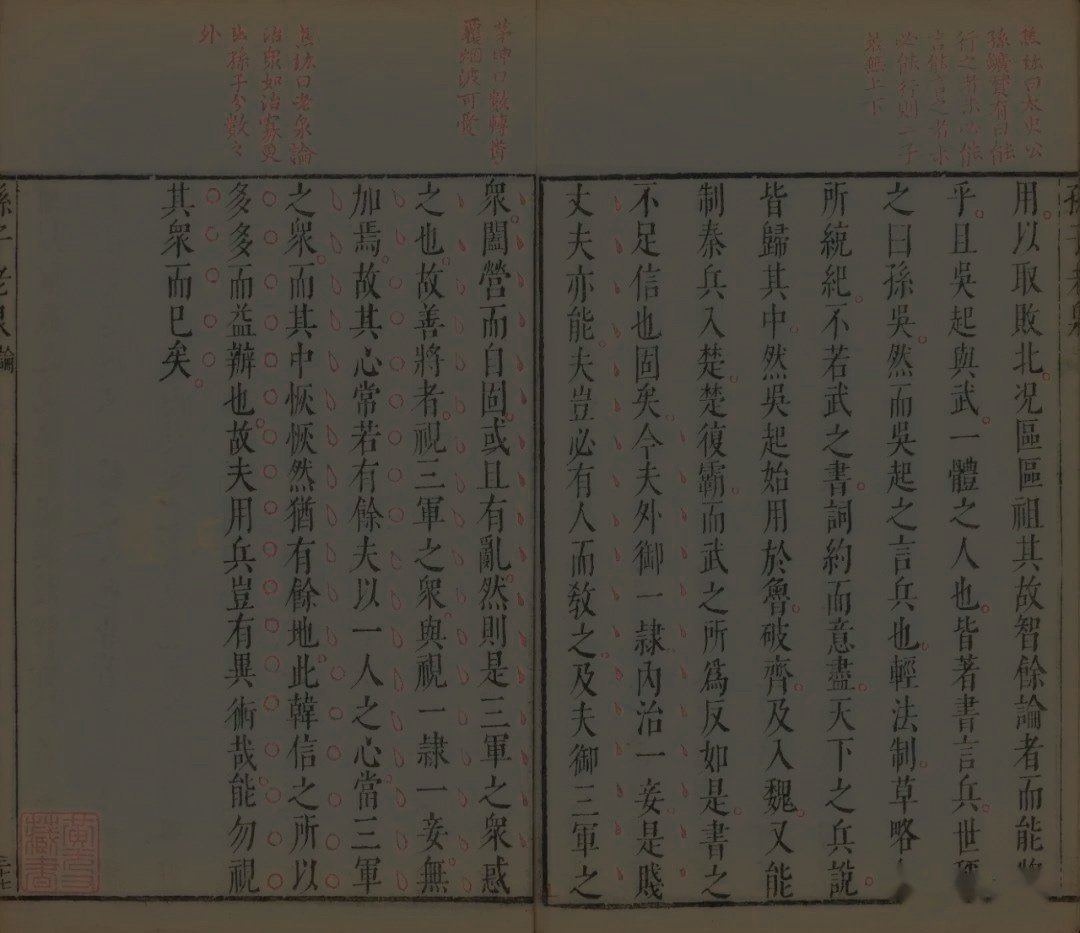
The Art of War: The Definitive Translation of the Linyi Text
孫子兵法
Harper Perennial Modern Classics
"There is no doubt that J. H. Huang's new translation of Sun-tzu will be valuable to scholars of military art for many years to come. ... An important work."
—General H. Norman Schwarzkopf
“May be the greatest book on war ever written… Time-tested poetry for the strategic mind.”
— Fortune Magazine
“For more than 2,000 years, Sun Tzu’s Art of War has been acknowledged as the most influential work on the art of warfare in China… Huang’s translation sparks with many ingenious viewpoints.”
— Asian Social Science
“A fascinating translation… which served as a source for Rough Justice.”
— Novelist Lisa Scottoline

Excerpt
Book 13 — Espionage
On the necessity of intelligence work:
a. the tremendously high costs of a country’s military operations:
1. financial costs
2. physical costs
3. durational costs
b. commanders are thus entrusted by their country with seeking victory, so they should never let concerns for personal gain cloud their duty to perceive the enemy
c. moreover, a successful mission is based on comprehension prior to action
d. of all the information sources, men are the most reliable
On agents:
a. the types
b. their applications
